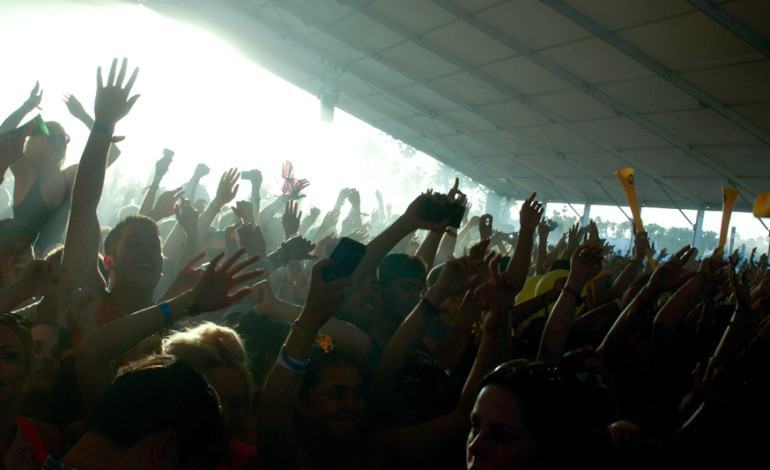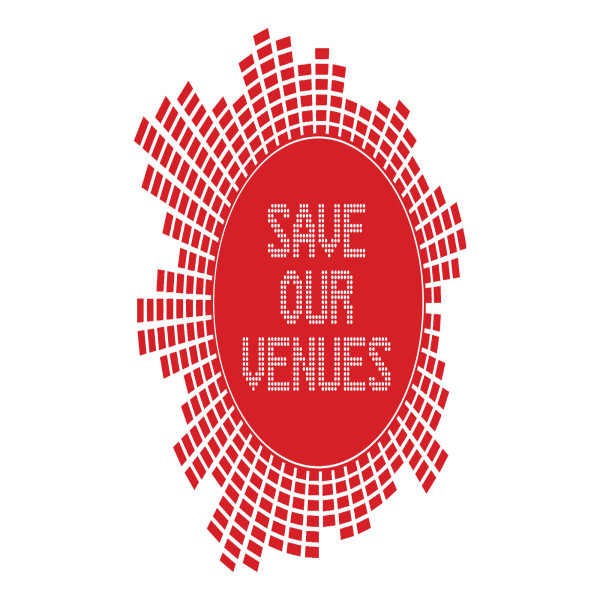
The UK’s grassroots music venues are facing £90million of debt due to the spiraling costs incurred by the coronavirus pandemic and being shut during the lockdown.
It has been a difficult 18 months for grassroots music venues across the UK. When the pandemic came last March, there was the very real threat of at least 500 venues facing closure. However, many have been saved due to public support and donations to the Music Venue Trust’s (MVT) #SaveOurVenues campaign. This as well as the pressure being put on the government and a number being saved by the Cultural Recovery Fund have helped saved a large number of venues.
Despite the MVT’s mostly successful efforts to “reopen every venue safely” with the hard work of people on the ground, it now appears that a lot of these venues are still in a difficult financial situation.
MVT CEO Mark Davyd told NME. “The grassroots music venue sector is more than £90million in debt, Getting that paid off isn’t going to be done this year, it likely won’t be done next year and might not be until 2024 or 2025 if things keep going as they are. The average debt they’re emerging with is around £80,000-£120,000 per venue – some are in much more significant debt than that.”
Davyd said that these debts were because of “landlords, suppliers, services and money that’s owed within their supply chain,” and that the best response would be for music fans to return to venues when they feel ready. He went on to praise venues’ efforts for making their spaces more COVID-safe, and for fans for taking precautionary measures – with around 95 per cent of gig-goers surveyed either being double vaccinated, having taken a COVID test before a show or having proof of immunity.
He then went on to say “Venues took on a lot of work and effort to try and understand what they should do to make their spaces safe, and then they went out and did it, The facts are that case numbers were rising significantly and very, very high – right up until the ‘freedom day’ of July 19. Venues then opened on July 19 and, in the following six weeks, case rates went down week on week. The most surprising statistic of all is that they went down by 29 per cent across the country, but of the 100 grassroots music venues that we tracked in different locations it went down by 38 per cent in the locality of those venues.”
He continued: “If you like science and believe in correlation rather than causality, you could argue that if you want to reduce transmission rates then you should open more grassroots music venues. The proof is in the evidence and the fact that grassroots music venues have contributed very little to any rise in transmissions. They’ve really managed this very well with air filtration, air quality, risk management and by working incredibly hard.”
Davyd also said that the best way to help venues through this difficult period is to get back to shows and to take a test and stay safe before doing so. “One of the key messages of our #TakeATest campaign is that the artists, the crew, the bar and venue staff are all taking a test to make sure these shows can go ahead,”
The artists are taking a test. The crew are taking a test. The staff are taking a test. That just leaves you, the audience to make your decision.
Please play your part and help us to Reopen Every Venue Safely. #TakeATest pic.twitter.com/LfoL8TTpI8
— Music Venue Trust (@musicvenuetrust) July 19, 2021
Visit here with information on how to help or donate to the #SaveOurVenues campaign.
Photo Credit: Raymond Flotat

